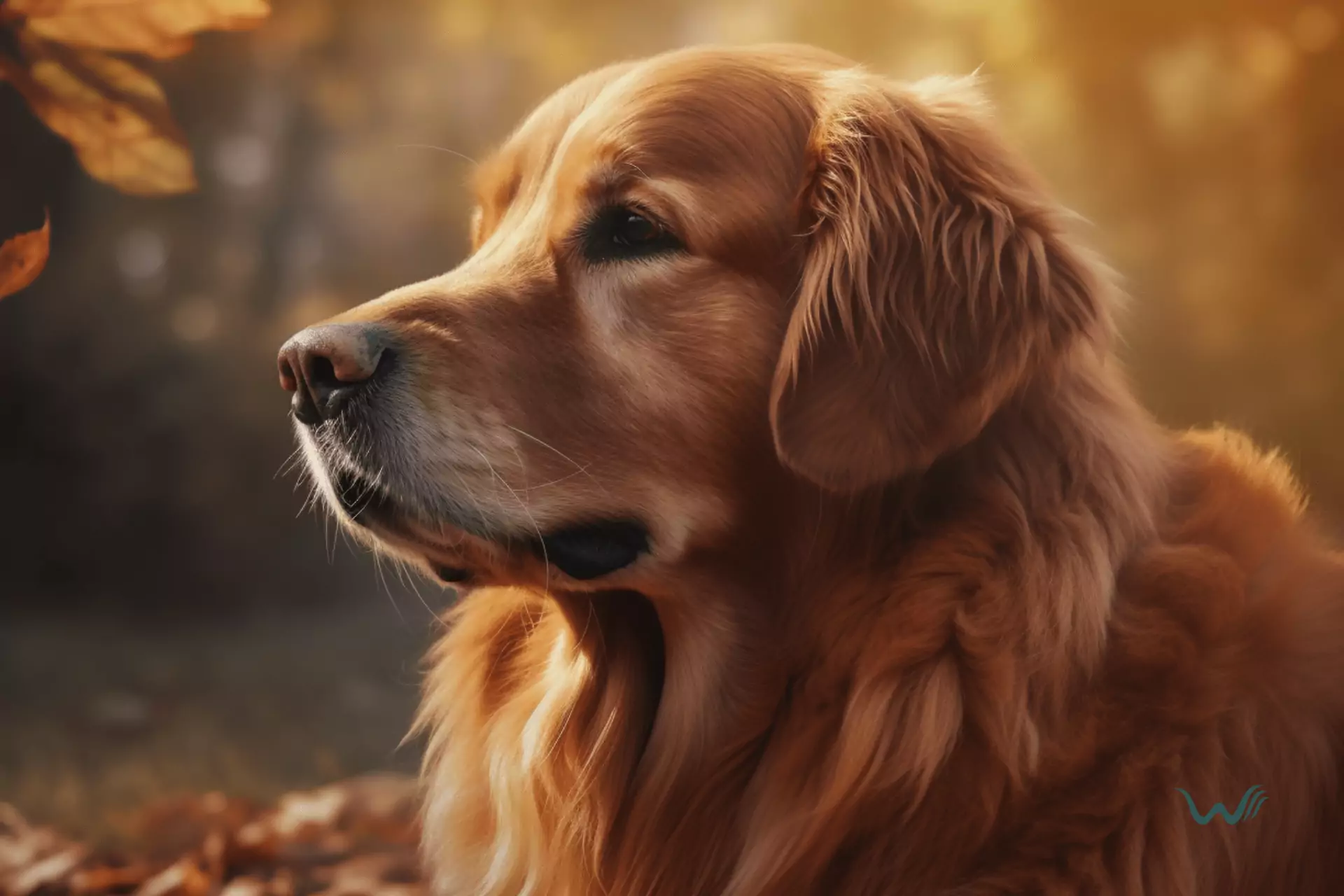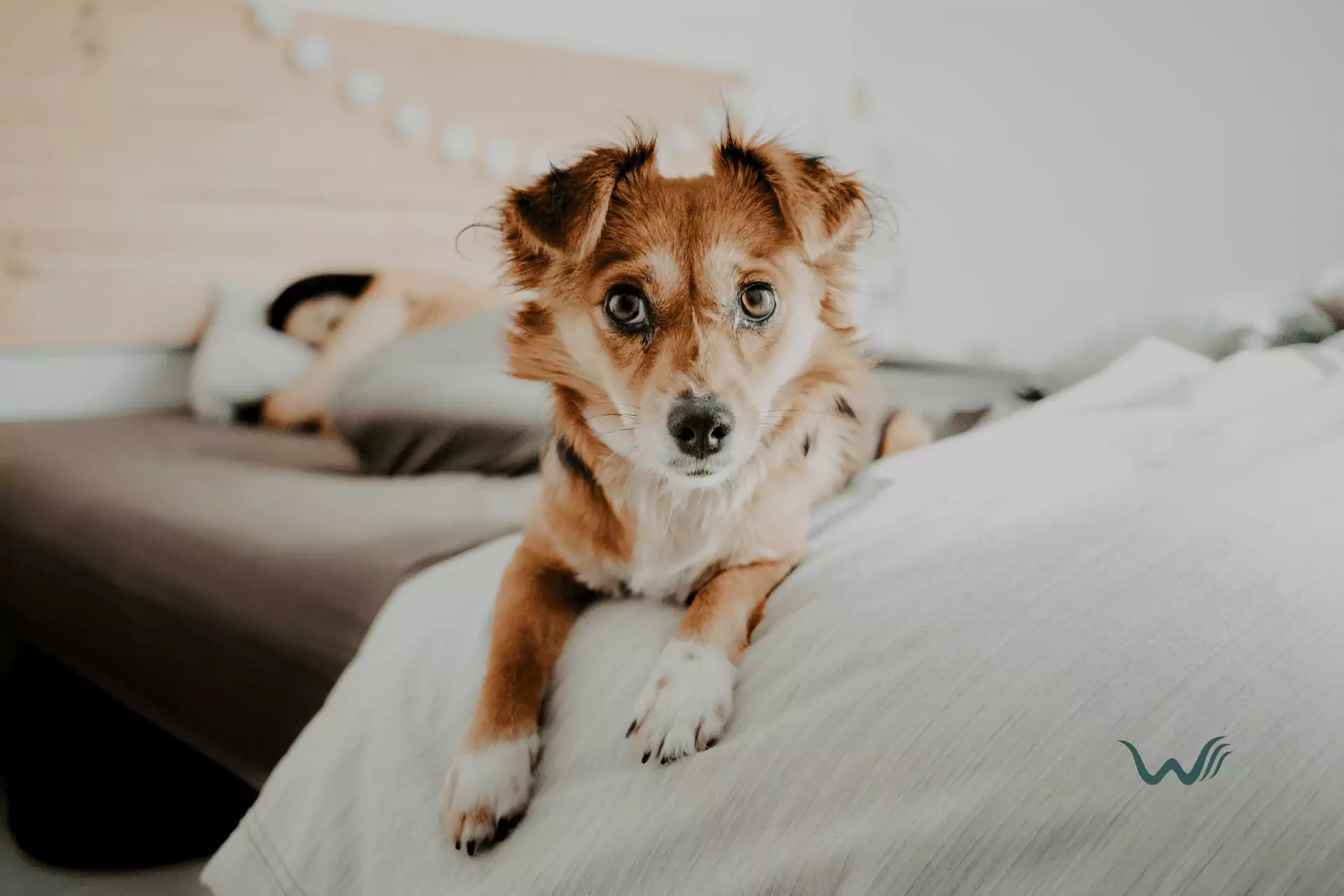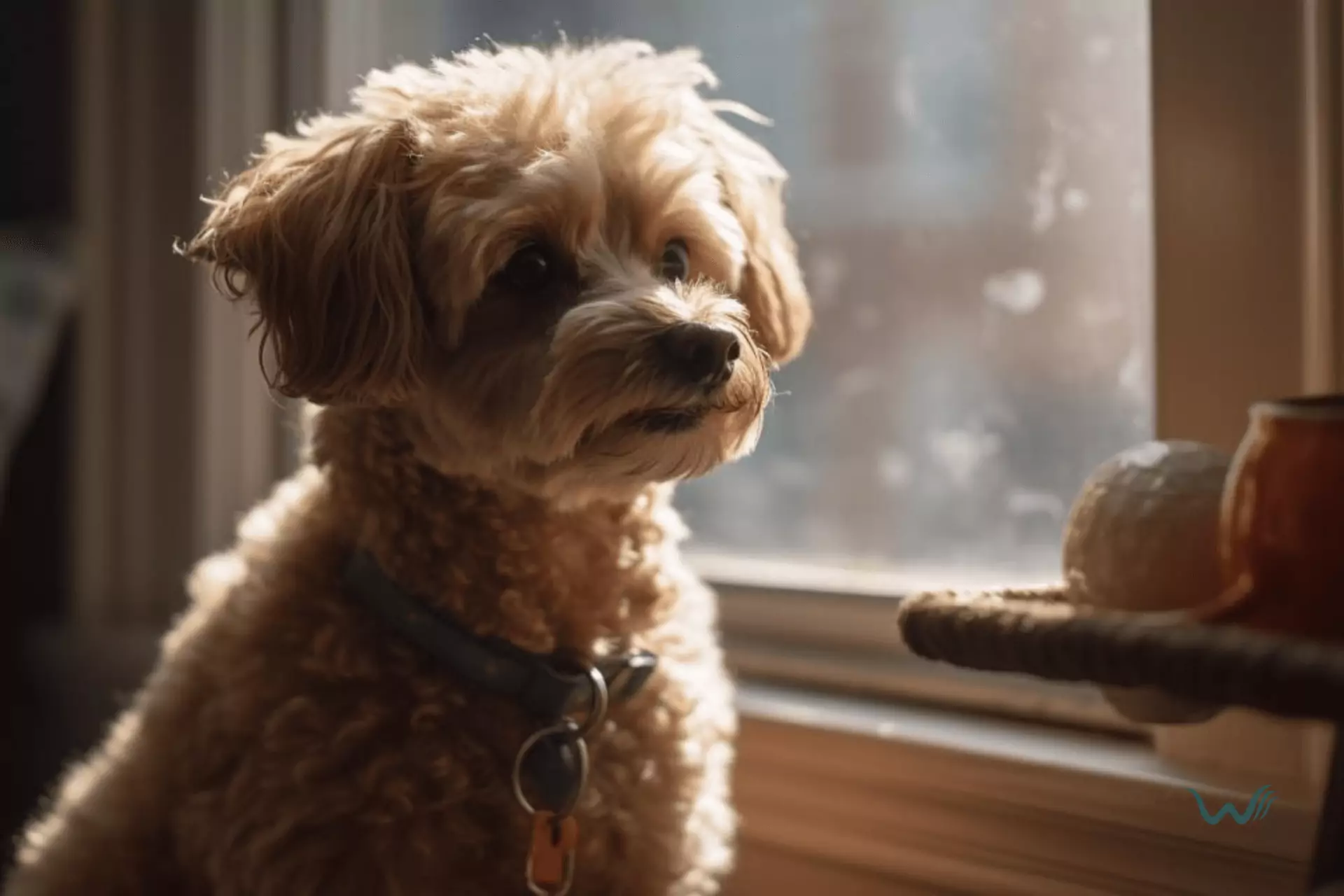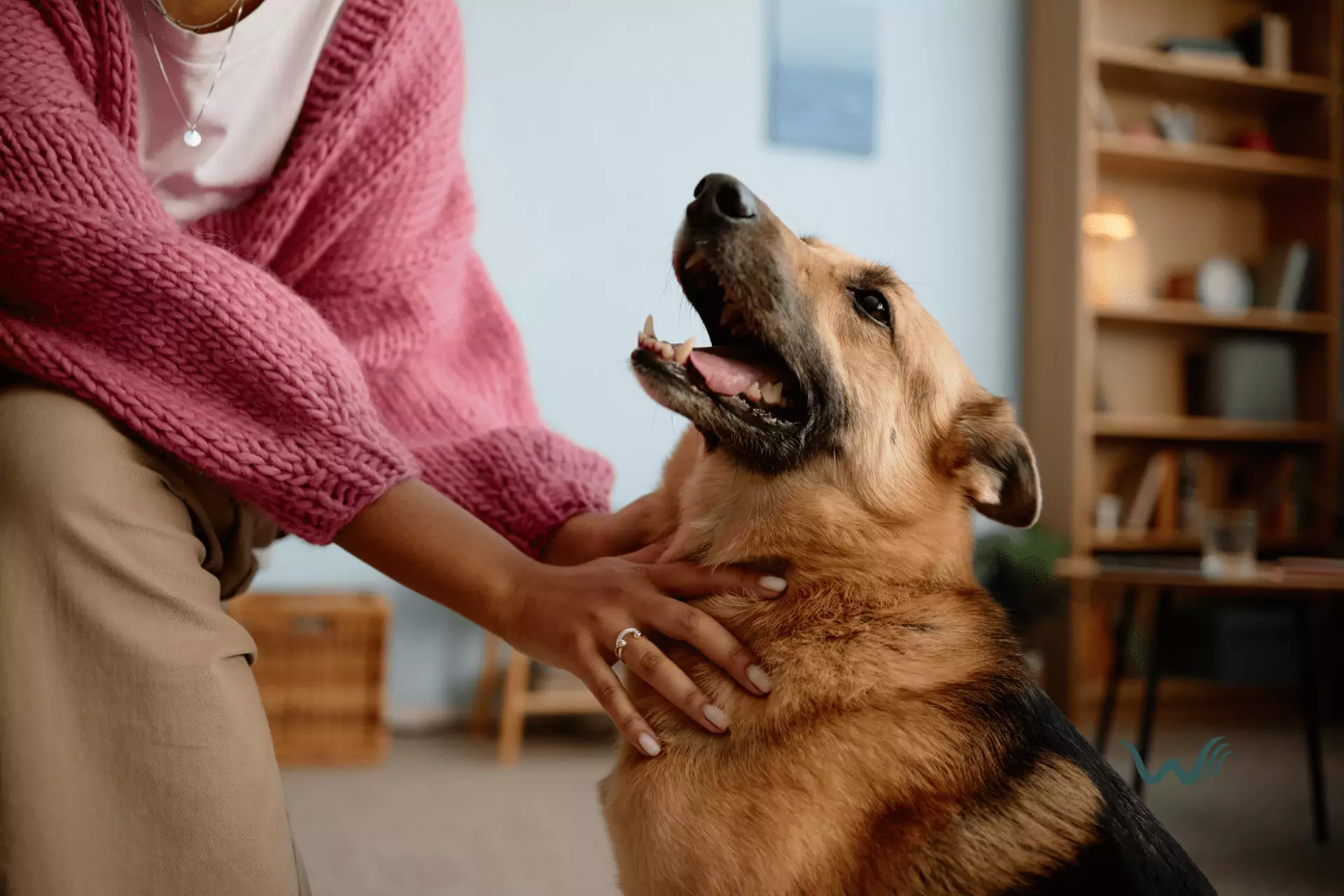

Why Are These Dog Breeds Loyal And Protective?
by Tayyaba Amir
Last updated: April 20, 2024
Verified and Approved by:
Angela Morris,
MSW, LCSW
Fact Checked

Have you ever wondered why certain dog breeds are known for their unwavering loyalty and protective instincts? It’s almost as if they have an innate superhero-like ability to sense danger and protect their loved ones.
Well, we’re about to dive into the fascinating world of loyal and protective dog breeds. Prepare yourself for a journey filled with tales of selective breeding, genetic factors, and the power of training and socialization.
Now, you might be thinking, “How on earth did these dog breeds develop such impressive traits?” Well, it all goes back to the art of selective breeding. Over centuries, humans have carefully chosen specific traits they desired in their furry companions. They sought out dogs with a natural inclination to be fiercely loyal and protective, and through generations of careful breeding, these traits became ingrained in certain breeds. It’s almost like they were handcrafted to be the perfect guardians for their human families.
But don’t worry, they won’t be donning a cape anytime soon. Their loyalty and protective instincts are simply a result of years of careful breeding and evolution. So, buckle up, because we’re about to embark on a journey through the fascinating world of loyal and protective dog breeds.
Key Takeaways
- Selective breeding has resulted in certain dog breeds having strong loyalty and protective instincts.
- Loyalty and protectiveness in dog breeds are a result of deliberate breeding, not accidents of nature.
- Training and socialization are important in developing loyalty and protectiveness in these dog breeds.
- Owning a loyal and protective dog breed brings benefits such as having a steadfast companion and a natural protector, but also requires proper training and socialization.
Selective Breeding for Loyalty and Protective Instincts
When selecting breeds with strong loyalty and protective instincts, you’ll notice a noticeable difference in their behavior and temperament. These dogs have been selectively bred for generations to exhibit these traits, and boy, do they deliver!
Here are a few things that make them stand out:
- They have a sixth sense for danger. It’s like they have a built-in radar that can detect any potential threat. You’ll never have to worry about someone sneaking up on you with one of these furry bodyguards by your side.
- They take their job of protecting you very seriously. These dogs don’t mess around when it comes to keeping you safe. They’ll stand between you and any potential danger, ready to spring into action at a moment’s notice.
- They’re fiercely loyal. Once you’ve earned the trust and love of one of these breeds, you’ll have a friend for life. They’ll be by your side through thick and thin, always ready to provide comfort and support. They’ll be the first to greet you when you come home and the last to leave your side.
So, if you’re looking for a dog that will not only be your loyal companion but also have your back no matter what, these breeds are the way to go.
The Role of Training and Socialization
Through proper training and socialization, can’t dog breeds become loyal and protective? Absolutely! It’s like teaching a dog to fetch – except instead of a tennis ball, you’re teaching them to fetch loyalty and protectiveness.
Training is key when it comes to developing loyalty and protective instincts in dog breeds. By teaching them basic commands like “sit,” “stay,” and “come,” you’re not only establishing yourself as the pack leader, but also building trust and respect with your dog. And let’s face it, who wouldn’t want a loyal companion who listens to their every command? You’ll feel like a canine whisperer in no time.
Socialization is equally important. Just like humans, dogs need to interact with others to learn how to behave in different situations. Take your dog to the park, introduce them to other dogs and people, and let them experience the world around them. This will help them develop confidence and a sense of security, making them more likely to protect you when the need arises.
Genetic Factors Influencing Loyalty and Protectiveness
Genetic factors play a significant role in shaping the loyalty and protectiveness of certain dog breeds. Just like humans inherit certain traits from their parents, dogs also inherit characteristics from their ancestors. When it comes to loyalty and protectiveness, certain breeds have been selectively bred for these traits over generations. So, it’s not just their training and socialization that makes them loyal and protective, but also their DNA.
To give you a better understanding of how genetic factors influence loyalty and protectiveness, let’s take a look at a table that showcases some of the most loyal and protective dog breeds and their genetic predispositions:
| Breed | Genetic Factors | Loyalty Score (out of 10) | Protectiveness Score (out of 10) |
|---|---|---|---|
| German Shepherd | Strong pack mentality, protective nature | 9 | 10 |
| Rottweiler | Strong guarding instincts | 8 | 9 |
| Doberman Pinscher | Fearlessness, loyalty | 9 | 9 |
As you can see, these breeds have specific genetic factors that contribute to their loyalty and protectiveness. German Shepherds, for example, have a strong pack mentality and are known for their protective nature. Rottweilers, on the other hand, have strong guarding instincts that make them naturally protective. Doberman Pinschers are fearless and fiercely loyal, which adds to their protective nature.
So, next time you meet a loyal and protective dog, remember that their genetic makeup plays a povital role in shaping their behavior. And while training and socialization are important, these breeds have an innate predisposition to be loyal and protective.
Are Golden Labradors Known for Their Loyalty and Protective Nature?
Yes, the golden Labrador breed characteristics include loyalty and a protective nature. Golden Labradors are known for their strong bond with their family and their instinct to protect their loved ones. These traits make them great companions and reliable watchdogs, demonstrating their unwavering devotion to those they care for.
Conclusion
If you’re considering owning a loyal and protective dog breed, get ready for a steadfast companion who will have your back through thick and thin, like a faithful guardian angel.
These dogs are not only fiercely loyal, but they also have a natural instinct to protect their loved ones. They will go to great lengths to ensure your safety, whether it’s barking at suspicious strangers or standing between you and any potential danger.
But with great loyalty and protectiveness comes great responsibility. These dogs require proper training and socialization to ensure that their protective instincts are channeled in the right way. You don’t want your furry friend to become overly aggressive or possessive, which can lead to potential problems.
It’s important to establish yourself as the pack leader and provide consistent, positive reinforcement to encourage good behavior. Additionally, owning a loyal and protective dog breed means that you may need to be extra cautious in certain situations, as these dogs can be wary of strangers and may need extra time to warm up to new people. However, with their unwavering loyalty and fierce protectiveness, these dogs can bring immense joy, love, and a sense of security to your life.
Frequently Asked Questions
What are some common health issues that loyal and protective dog breeds may be prone to?
Loyal and protective dog breeds, like German Shepherds and Rottweilers, may be prone to hip dysplasia, heart problems, and even allergies. But hey, nothing a little extra TLC and some funny dog memes can’t fix!
How do loyal and protective dog breeds typically behave around children and other pets?
Loyal and protective dog breeds tend to be great with kids and other pets! They’ll be like the ultimate babysitter, always keeping an eye out and ready to protect their little pals. It’s like having a furry bodyguard with a heart of gold!
Are there any specific training techniques or methods that are recommended for these types of dog breeds?
Looking to train your loyal and protective dog breeds? Well, buckle up because I’m about to reveal some top-secret techniques that will have your furry friend behaving like a total pro in no time.
What are some potential challenges or difficulties that owners of loyal and protective dog breeds may face?
Having a loyal and protective dog breed can be challenging. They may become overprotective and exhibit aggressive behavior towards strangers. It’s important to socialize them properly and provide consistent training to prevent any potential difficulties.
Are there any specific activities or exercises that can help channel the loyalty and protective instincts of these dog breeds in a positive way?
Picture this: you and your loyal, protective dog, on a quest for fun! Engage their instincts with activities like agility training, nose work, or even joining a search and rescue team.
Certify Your Emotional Support Animal Today

Why You Can Rely on Us?
At Wellness Wag, we believe your pet deserves care rooted in both science and compassion. Each article is carefully researched, written in clear language for pet owners, and then reviewed by qualified professionals to ensure the information is evidence-based, current, and practical for real-life care. Our goal is to help you feel confident in making informed decisions about your pet’s health and well-being.
Reviewed by
Angela Morris, MSW, LCSW
Angela is a licensed clinical social worker with 20 years of experience in patient advocacy and community mental health. She has assisted numerous clients with ESA evaluations and brings a deep understanding of disability accommodations, ensuring that all information is accurate, supportive, and practical.

Written by :
Tayyaba Amir
Last Updated :
April 20, 2024












